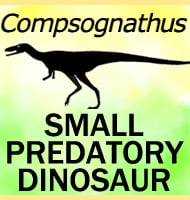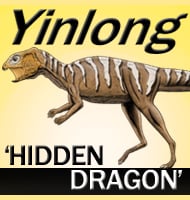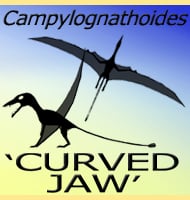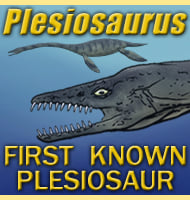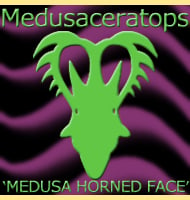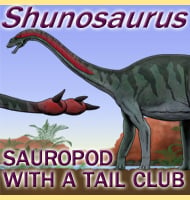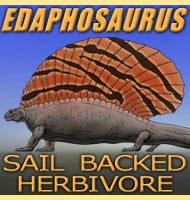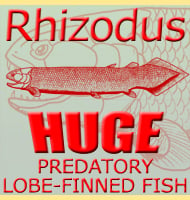In Depth
Eobrontosaurus was initially described as a new species of Apatosaurus called A. yahnahpin by James Filla and Patrick Redman in 1994. However when the material was re-examined by Robert Bakker in 1998 he found that it represented a similar but more primitive sauropod dinosaur to Apatosaurus. The second species of Apatosaurus, A. excelsus, originally went by the name of Brontosaurus excelsus until it was declared to be a synonym to the earlier Apatosaurus by Elmer S. Riggs in 1903. This is a clearly definable species to the Apatosaurus type species of A. ajax, and in the 1990s Bakker suggested that A. excelsus is different enough to resurrect Brontosaurus as its own genus, although this was largely refuted by other palaeontologists and to this day Brontosaurus is still a synonym to Apatosaurus. This is in part why Bakkar chose the name Eobrontosaurus instead of Eoapatosaurus, although it does also help prevent confusion with the Apatosaurus genus.
Suggestions have been made that Eobrontosaurus may actually be a specimen of Camarasaurus, although most palaeontologists do not accept this idea.
Further Reading
– Apatosaurus yahnahpin: a preliminary description of a new species of diplodocid dinosaur from the Late Jurassic Morrison Formation (Kimmeridgian-Portlandian) and Cloverly Formation (Aptian-Albian) of the western United States. – M�moires de la Soci�t� G�ologique de France (Nouvelle S�rie) 139 (Ecosyst�mes Continentaux du M�sozoique): 87-93. – J. A. Filla & P. D. Redman – 1994. – Dinosaur mid-life crisis: the Jurassic-Cretaceous transition in Wyoming and Colorado. – Lower and Middle Cretaceous Terrestrial Ecosystems, New Mexico Museum of Natural History and Science Bulletin 14:67-77 – R. T. Bakker – 1998.

